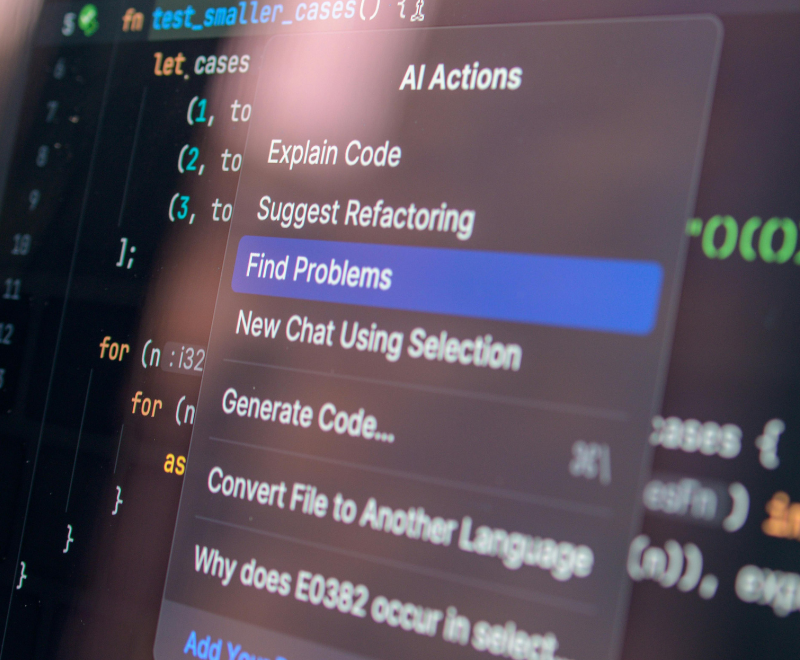When I first covered Glastonbury as a young showbiz reporter, no one else even wanted to go. It was more about hedonism than politics. Coverage was largely confined to music reviews – unless it rained, in which case everyone ran photos of the quagmire.
How times change. This year’s festival was dominating the news agenda before the gates of Worthy Farm even opened – and for serious reasons. Music has become political again – arguably for the first time since the 1980s and the Red Wedge movement with the likes of Billy Bragg and Paul Weller. Even Rod Stewart chose to pledge support for Nigel Farage in the run up.
The controversy began with Irish rap group Kneecap – the best self-publicists and provocateurs since the Sex Pistols – whom the BBC decided in advance not to stream live, even though the Eavis family, which runs Glastonbury, stood by their decision to invite them to play.
Bob Vylan preceded them on the West Holts stage and were shown on the BBC’s livestream – only for their set to stray into hate speech and incitement to violence with chants of “death to the IDF” and “from the river to the sea,” now under police investigation. The BBC has since said it regrets broadcasting the performance and pulled it from iPlayer.
There are questions over whether Director General Tim Davie, who was on site and reportedly aware of the remarks, should have intervened to pull the broadcast in real time.
Whatever the BBC had done, it would have been criticised. It is impossible to please everyone. As an institution, the Beeb is often slow to take decisions – and usually reluctant to take them at all, paralysed by layers of management and risk aversion.
Ironically, in this case, it did make a decision – but its problems stem more from what it chose not to show than what it did.
The BBC seemed so fixated on banning Kneecap for something the trio might say, it failed to do proper due diligence on punk duo Bob Vylan – who, even with a cursory review, could be expected to be equally provocative.
The inconsistency – banning one act in advance, airing another – turned a tricky editorial judgment into a full-blown comms crisis. Knowing Kneecap has been removed from the livestream, perhaps provoked Vylan into going further to seize the moment.
By trying to pre-empt controversy by refusing to livestream Kneecap, the BBC created it. The Beeb walked into a narrative that it has selectively silenced political voices – all while offering little clarity on how or why those decisions were made.
There was a better way. The BBC should have streamed everything live, both Kneecap and Vylan, as it happened, with appropriate warnings. If something crossed a line – into incitement, hate speech or breaches of impartiality – it could have stopped the broadcast, issued an apology and removed it from replay services. That’s how live broadcasting has always worked.
The timing couldn’t be worse. This latest saga follows closely on from the BBC’s decision to not to air the documentary Gaza: Doctors Under Attack over concerns about ‘perception of partiality’. Channel 4 is now airing it instead, saying it’s done due diligence and does not shy away from ‘uncomfortable reporting’.
Kneecap and Bob Vylan certainly brought the politics back to Glastonbury, which has a long-standing tradition of activism and radical expression. Vylan went too far and Emily Eavis was right to say ‘there is no place at Glastonbury for antisemitism, hate speech or incitement to violence’.
However, the BBC’s handling of these acts – blocking one from live broadcast but allowing the other (only to then allow Kneecap’s performance to stream afterwards) – was inconsistent and undermined its own editorial credibility.
Crisis comms is best when it’s about more than firefighting. The smartest organisations are proactive, consistent and stick to established guidelines. In this case, the BBC’s slow response and reactive U-turns gave the impression of confusion and editorial weakness. The careful work must happen before the horse bolts – not after it’s run around the stable for days.
The BBC urgently needs to define clear, public rules for political content in live broadcasts and apply them evenly, regardless of political pressure. It needs to trust its presenters to handle live controversy. It must communicate decisions transparently – before, during, and after.
Any issue surrounding Israel and Gaza is understandably extremely emotional and complex. This makes it all the more important for the BBC to get it right. It can’t please everyone, but it can apply its rules fairly and consistently – without appearing to endorse any message that crosses into hate speech or incitement.
The BBC didn’t need to pick a side – it just needed to pick a strategy and stick to it. Glastonbury has a year off in 2026, so the BBC has 24 months to sort things out before it happens again.



